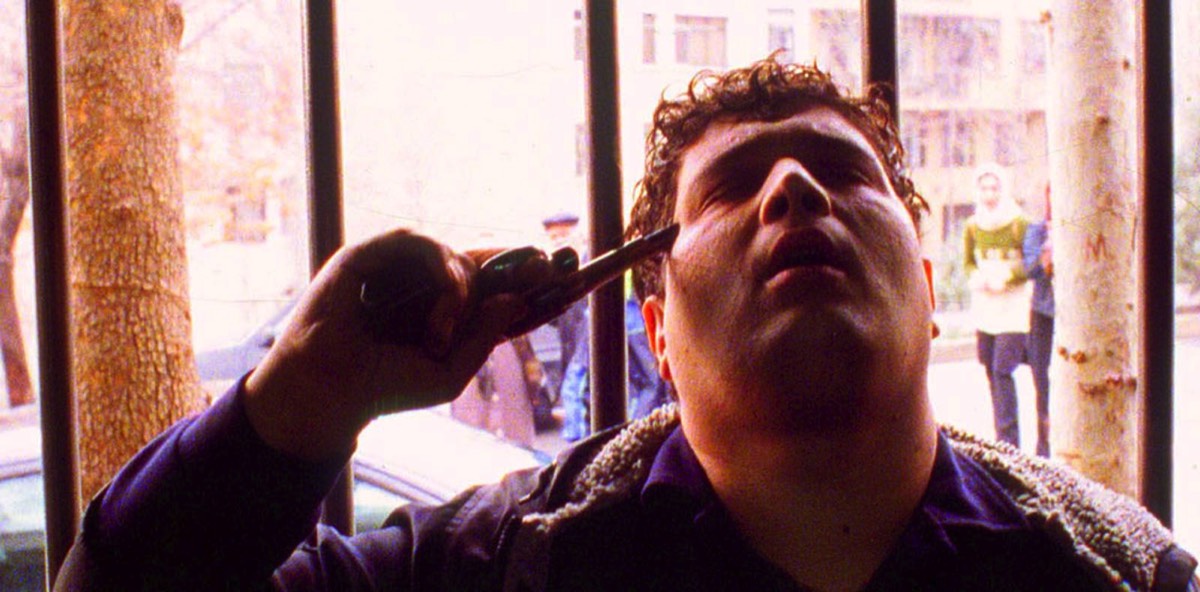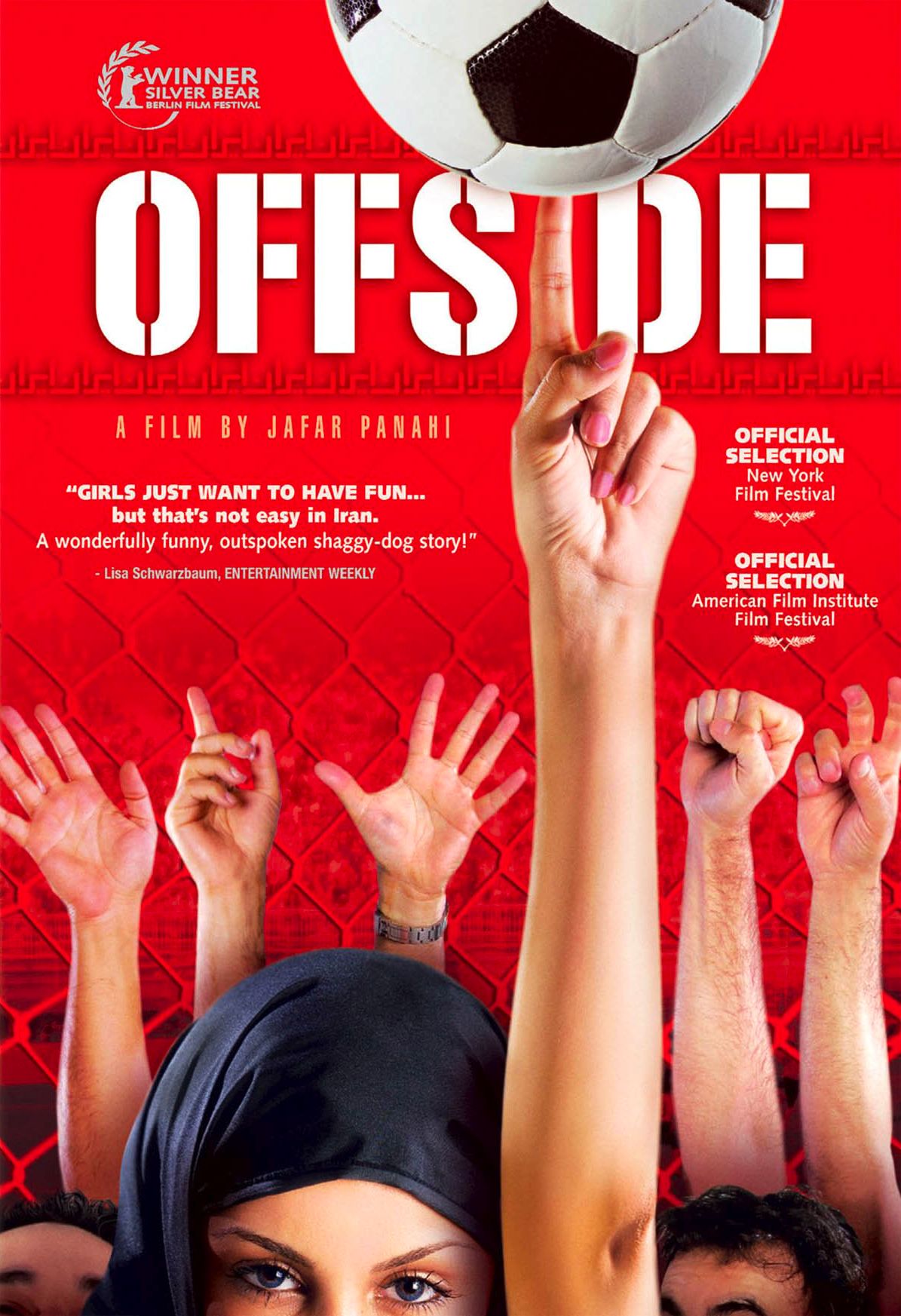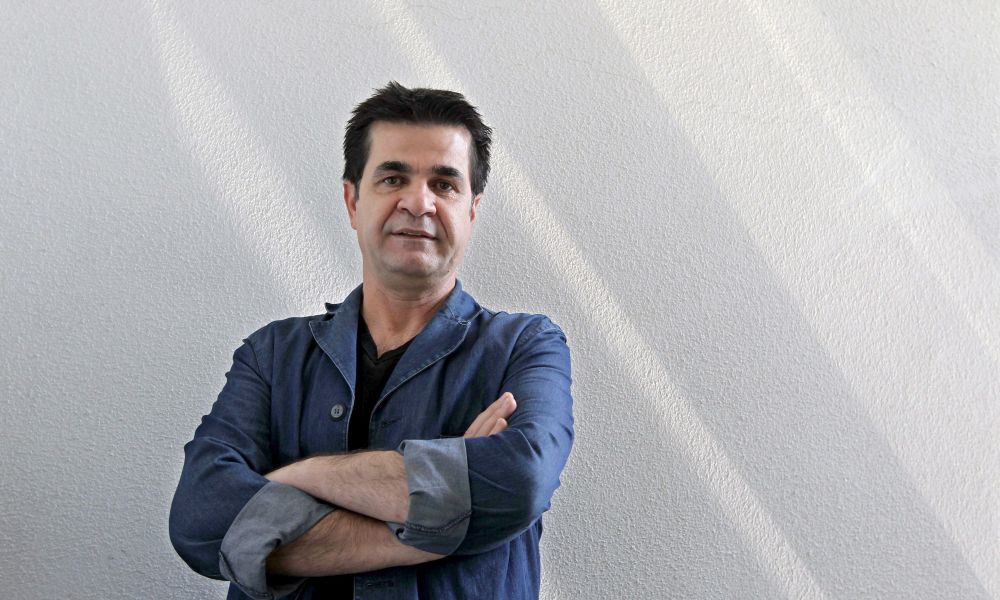"Oppression has transformed Panahi’s art. Under the pressure of circumstances, he has turned from a classicist into a modernist, while at the same time transforming the very codes and tones of his frame-breaking aesthetic." - Richard Brody (The New Yorker, 2015)
Jafar Panahi
Director / Editor / Producer / Screenwriter
(1960- ) Born July 11, Mianeh, Iran
21st Century's Top 100 Directors
(1960- ) Born July 11, Mianeh, Iran
21st Century's Top 100 Directors
Key Production Country: Iran
Key Genres: Drama, Childhood Drama, Docudrama, Avant-garde/Experimental, Psychological Drama, Feminist Film
Key Collaborators: Iraj Raminfar (Production Designer), Aida Mohammadkhani (Leading Actress), Abbas Kiarostami (Screenwriter)
Key Genres: Drama, Childhood Drama, Docudrama, Avant-garde/Experimental, Psychological Drama, Feminist Film
Key Collaborators: Iraj Raminfar (Production Designer), Aida Mohammadkhani (Leading Actress), Abbas Kiarostami (Screenwriter)
"After serving as Abbas Kiarostami's assistant director on Through the Olive Trees (1994), Jafar Panahi made two features of his own that further developed the narrative perfected in Kiarostami's Where is My Friend's House? (1987), in which a child embarks on an obstacle-laden quest. Both The White Balloon (1995) and The Mirror (1997) concerned the trials and tribulations of little girls in crowded Tehran streets; their stressful journeys, shot in 'real time', are thrillers that double as microcosmic portraits of the city." - Lloyd Hughes (The Rough Guide to Film, 2007)
"Much loose talk is bandied around in the film world about directors’ bravery and the heroism of “guerrilla” film-making – but those terms genuinely mean something when applied to Iran’s Jafar Panahi. After making several robust realist dramas about the challenges of everyday life in his country – among them The Circle, Crimson Gold and the exuberantly angry football movie Offside – Panahi fell foul of the Iranian government, which threatened him with imprisonment, prevented him from travelling and banned him from making films for 20 years. He has protested by working under the wire to make three extraordinary works, contraband statements that are at once a cri de coeur from internal exile, and a bring-it-on raised fist of defiance." - Jonathan Romney (The Guardian, 2015)

Crimson Gold (2003)
"In his own rather startling way, Panahi’s films redefine the humanitarian themes of contemporary Iranian cinema, firstly, by treating the problems of women in modern Iran, and secondly, by depicting human characters as “non-specific persons” – more like figures who nevertheless remain full-blooded characters, holding on to the viewer’s attention and gripping the senses. Like the best Iranian directors who have won acclaim on the world stage, Panahi evokes humanitarianism in an unsentimental, realistic fashion, without necessarily overriding political and social messages. In essence, this has come to define the particular aesthetic of Iranian cinema. So powerful is this sensibility that we seem to have no other mode of looking at Iranian cinema other than to equate it with a universal concept of humanitarianism." - Stephen Teo (Senses of Cinema, 2001)
"Every new movie by Jafar Panahi is a miniature coup, an act of fearless political defiance. Banned from filmmaking by the Iranian authorities, who have kept him under house arrest for the last five years, Panahi risks his freedom, maybe even his life, each time he picks up a camera—which is surprisingly often for a man who’s been forbidden by law to do so." - A.A. Dowd (A.V. Club, 2015)
"Jafar Panahi, alongside his mentor Abbas Kiarostami, is considered as one of the most remarkable figures of the second wave of Iranian new wave cinema. In 2015, he was awarded the Golden Bear at the Berlin International Film Festival, the prize awarded to the best film at the festival. Panahi’s films realistically depict humanity and its struggles in Iranian society. He audaciously comments on political and social issues to challenge the authorities. Although he is one of the most suppressed filmmakers in Iran, he artistically changes limitations into art." - Azadeh Nafissi (The Culture Trip, 2016)
Selected Filmography
{{row.titlelong}}
GF Greatest Films ranking (★ Top 1000 ● Top 2500)
21C 21st Century ranking (☆ Top 1000)
T TSPDT R Jonathan Rosenbaum
21C 21st Century ranking (☆ Top 1000)
T TSPDT R Jonathan Rosenbaum
Jafar Panahi / Fan Club
Jonathan Rosenbaum, Richard Combs, Srijit Mukherji, Joachim Lafosse, Richard Brody, Kevin B. Lee, Adam Nayman, Robert Koehler, Peter Rist, A.O. Scott, Michael Atkinson, Godfrey Cheshire.
Jonathan Rosenbaum, Richard Combs, Srijit Mukherji, Joachim Lafosse, Richard Brody, Kevin B. Lee, Adam Nayman, Robert Koehler, Peter Rist, A.O. Scott, Michael Atkinson, Godfrey Cheshire.
"Fan Club"
These film critics/filmmakers have, on multiple occasions, selected this director’s work within film ballots/lists that they have submitted.
These film critics/filmmakers have, on multiple occasions, selected this director’s work within film ballots/lists that they have submitted.


